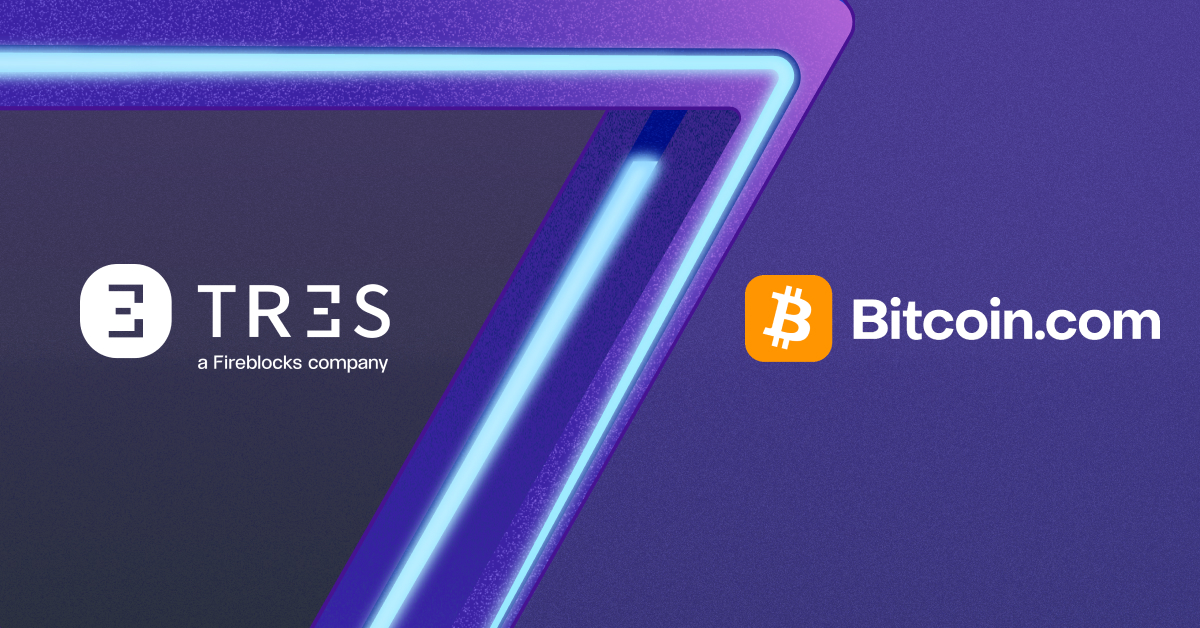
A robust digital asset accounting and bookkeeping platform is essential for enterprise organizations focused on financial reporting and compliance. This guide covers the must-have features that ensure automation, accuracy, security, and scalability, regardless of where an organization falls on the digital asset maturity curve.
1. Automated Accounting Workflow & Management
A digital asset accounting platform must streamline accounting workflows to be effective. This includes the ability to:
- Fetch on-chain and off-chain transactions automatically from Custodians, Wallets and Exchanges.
- Categorize multiple transactions accurately based on 10+ variables to simplify bookepping
- Automatically detect, categorize, and assign internal transfers between wallets belonging to the same organization.
2. High-Volume Transactions Recognition
An enterprise-ready solution must support:
- Process a high volume of transactions (30M+ per month).
- Recognize and categorize fees automatically.
- Automatic detection of SPAM transactions and unverified tokens.
- Rolling up high transaction volumes before syncing with ERP/GL systems for cleaner financial reporting.
3. Robust Digital Asset Pricing Engine
To maintain accuracy, a digital asset accounting platform should:
- Enable to choose any pricing feed from external data providers and exchanges.
- Allow organizations to configure their preferred digital asset pricing methodology.
- Enable manual overrides of asset exchange rates while maintaining a full audit trail.
- Empower users to edit pricing in bulk.
4. Efficient Transaction Reconciliation & Operations
Key reconciliation capabilities include:
- Sub-ledger and internal ledger reconciliation to ensure data integrity.
- Reconciliation of transactions against 200+ blockchains.
- Segregation of duties for categorization and reconciliation to maintain role-based accountability.
- Automatic detection of unreconciled wallets and programatic investigation of gaps.
5. Compliance with US GAAP & IFRS Standards
An enterprise platform must support:
- Recognition and recording of realized/unrealized gains, losses, and impairment expenses.
- Precise impairment price capture timing (daily low, end-of-month, etc.).
- Lot-by-lot tracking for accurate cost-basis accounting.
- Inventory and tax inventory picking strategies, such as FIFO for accounting and Spec ID for tax purposes.
6. Tax Workflow Optimization
A robust tax workflow should offer:
- Customizable tax strategies (FIFO, LIFO, Spec ID, Cost Averaging).
- Support for different Spec ID treatments (highest cost, lowest cost, short-term/long-term gains optimization).
- Intelligent tax inventory management, ensuring compliance while optimizing tax outcomes.
7. Implementation & Customer Success Support
Vendor support is critical for a seamless experience. Look for vendors that:
- Assign a dedicated Customer Success Manager for strategic and operational support.
- Provide CPA expertise for consultation.
- Offer technical support via phone, email, and chat.
- Facilitate integration into ERP systems.
- Have a proven track record of expanding integration points (e.g., blockchains, custodial wallets, exchanges).
8. Enterprise-Ready Functionality & Security
A high-quality solution must include:
- Intuitive user experience tailored for accountants and finance teams.
- Role-based access control for secure permissions management.
- Single sign-on (SSO) for seamless authentication.
- Strong security practices, including SOC 1 Type II and SOC 2 Type II certifications and third-party penetration testing.
9. Multi-Entity Organization Support
For enterprises with multiple subsidiaries, the platform must enable:
- Parent/Enterprise and child/subsidiary financial views.
- Segregated inventory management between entities.
- Consolidated reporting for financial oversight.
10. Institutional-Grade Features
Financial institutions require advanced functionality, including:
- 1099 and 8949 data output: Customizable cost-basis reporting.
- FBO entity support: Segregation of client funds from organizational digital asset inventory.
- Proof of Reserves & Liabilities: Transparent auditing for liquidity and solvency.
Accounting, Taxes, Monitoring, and Reporting Simplified with TRES Finance
Managing digital assets doesn’t have to be frustrating. A purpose-built platform should provide:
- Fair Value Accounting at Scale: Mark-to-market precision across digital assets.
- Reconciliation Engine: One-click reconciliation across internal and external data sources.
- DeFi & NFT Accounting: Comprehensive support for token tracking, mining revenue, staking, and DeFi investments.
TRES Finance is the only platform that delivers fully reconciled, automated, and audit-ready financial data, allowing enterprises to future-proof their digital asset accounting and compliance.oday to see how we can help!
Interested in TRES?



